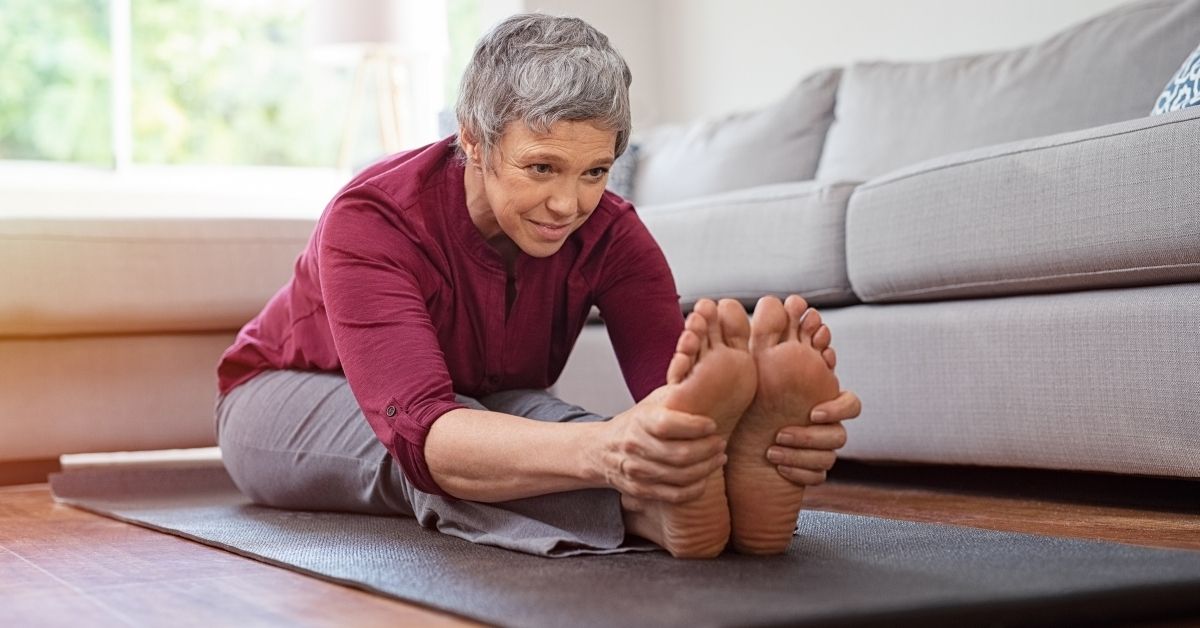We are often asked by our patients if any lifestyle modifications can help manage glaucoma. This is an interesting topic and is worth exploring, as some evidence does exist that
lifestyle factors may exert an influence on eye pressure.
In this article, Gurjeet Jutley explores how lifestyle choices can impact your condition.
Food and drink
Caffeine
Large amounts of caffeine can have the effect of raising the pressure in your eyes, as well as having systemic detriment to the body as a whole. Where possible, aim to reduce caffeine intake, particularly if more than five strong cups are consumed daily.
Alcohol
Excessive alcohol drinking can damage the optic nerve, so called toxic neuropathy. We also see instantaneous optic nerve damage with methanol ingestion. Clearly, moderated alcohol consumption promotes better health all round.
Smoking
The health risks of smoking are well-documented, and while there are no specific links between smoking and glaucoma, older smokers may a higher risk of developing increased intraocular pressure (IOP) compared to non-smokers. Furthermore, smoking can directly damage the optic nerve also.
Diet
While there is no strong evidence about aspects of diet or dietary supplements that can have a positive impact on the development and management of glaucoma, omega oils have been found to be helpful for general eye health. These can be found in fish and seeds, and as well as promoting eye health, they also have a range of other benefits, such as lowering cholesterol.
Gingko Biloba extract has been shown to have neuro-protective effects, improving perfusion and general well-being to the optic nerve. It is always advusable to seek help from a GP prior to starting any treatment, to ensure there is no interaction with existing medication.
Exercise
Excerise is crucial for all aspects of life, however one should be cautious with an existing diagnosis of diagnosis. For example, whilst yoga is generally safe, any positions requiring the head being lower than the heart can increase eye pressure so should therefore be avoided, such as the downward dog.
Other activities that can potentially transiently increase eye pressure include lifting heavy weights, using swimming goggles, and even playing wind instruments.

